University Admission Application
新加坡的公立大学在全球范围内享有极高的学术声誉,特别是NUS和NTU,常年位居世界顶尖大学之列。
其他公立大学如SUTD、SUSS和SIT,也在其特定领域内展现出强大的发展潜力。
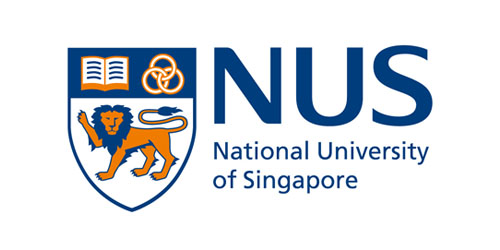
新加坡国立大学
- QS世界大学排名 2024:第8
- NUS是新加坡历史最悠久、规模最大的大学,成立于1905年。它在全球享有很高的声誉,特别是在工程、生命科学、计算机科学和商业管理等领域。
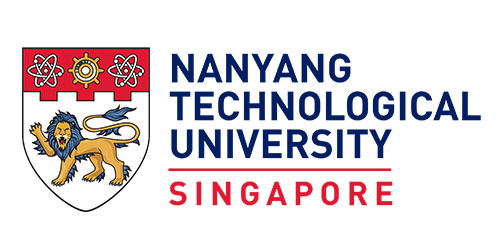
南洋理工大学
- QS世界大学排名 2024:第26位
- NTU以工程和科技教育闻名。近年来,它在全球大学排名中快速上升。校园内设有多个研究机构,如未来科技研究院(Futuristic Technology Institute),并与众多国际企业和大学合作。
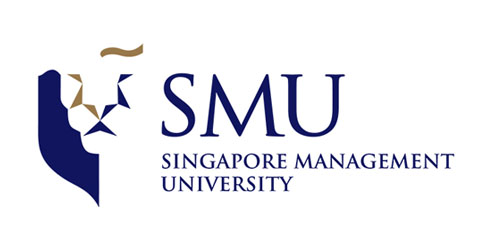
新加坡管理大学
- QS世界大学学科排名(商业与管理研究) 2023:第41位
- SMU成立于2000年,是一所以商业和管理教育为主的大学,采用美国的教育模式,注重互动和实践教学。其课程设计灵活,注重实用技能的培养,学生有很多实习和海外交流的机会。
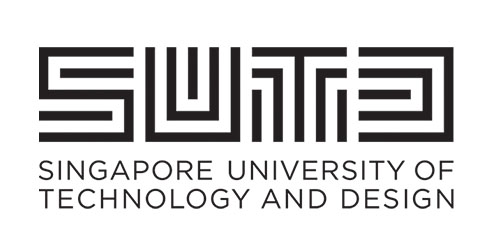
新加坡科技设计大学
- QS亚洲大学排名 2023:第198位
- SUTD专注于科技与设计教育,课程强调跨学科学习,融合工程、建筑、信息系统和设计等领域。
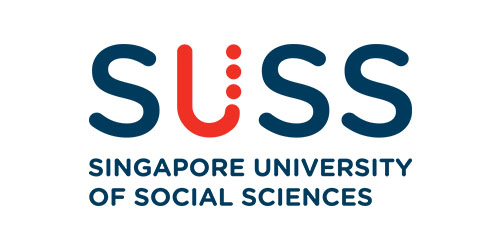
新加坡社会科学大学
- SUSS专注于社会科学领域,特别是成人继续教育。
- 特色:提供灵活的学习模式,适合在职人员,课程涵盖社会科学、管理、法律等多个领域。
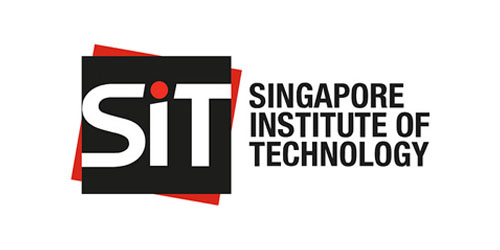
新加坡理工大学
- SIT专注于应用学习,提供以职业为导向的学士和硕士学位课程。与多所国际知名大学合作,课程设计注重实践和产业需求,学生有机会进行实习和产业项目。
新加坡的私立大学通过与国际知名大学的合作、灵活的课程安排和职业导向的教学方法,为学生提供了高质量的教育选择。这些大学不仅在学术上有很强的竞争力,还通过行业实践和行业联系帮助学生在职场中取得成功。
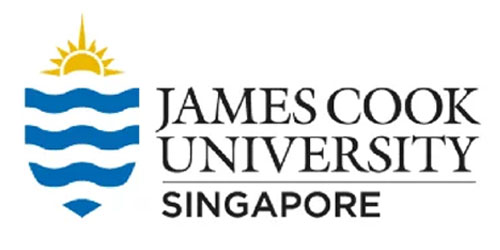
詹姆斯库克大学新加坡校区
- 詹姆斯库克大学是澳大利亚的一所知名大学,其新加坡校区成立于2003年,提供与澳洲本部相同质量的课程。
- 国际认可:JCU的学位在全球范围内得到认可,新加坡校区毕业与澳大利亚本校毕业没有任何差别,毕业证可以回国做认证。
- 学术强项:在心理学、商业、信息技术和环境科学等领域享有很高的声誉。
- 快速课程:提供加速课程选项,学生可以在较短时间内完成学业。
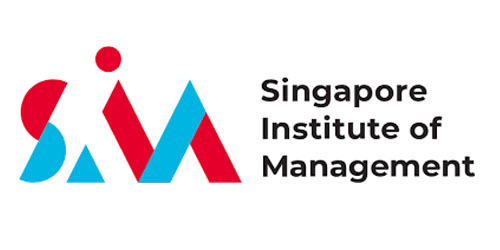
新加坡管理学院
- SIM是新加坡历史悠久且规模较大的私立教育机构。
- 国际合作:与英国、美国、澳大利亚等国家的知名大学合作,提供多种学位课程。
- 灵活学习:提供全日制和兼职课程,适合不同类型的学生,包括在职人员。
- 职业发展:强大的职业发展服务和网络资源,帮助学生在毕业后迅速融入职场。
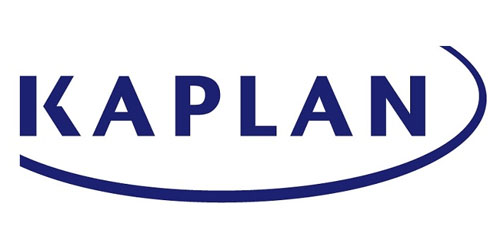
楷博高等教育学院
- 楷博是全球知名的教育机构,提供从文凭到学位的多种课程。
- 多样课程:涵盖商业、金融、法律、通信和信息技术等领域,课程选择多样。
- 灵活性:提供灵活的学习时间安排,适合在职人士继续教育。
职业导向:课程设计注重实用技能,许多课程与行业需求紧密对接。
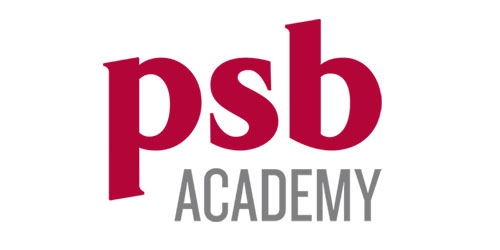
英华美学院
- PSB学院是新加坡历史悠久的私立教育机构之一,提供多样化的学术和职业课程。
- 行业合作:与澳大利亚、英国和美国的多所大学合作,课程紧密结合实际行业需求。
- 校园设施:拥有现代化的校园和实验室,提供良好的学习环境。
- 综合教育:课程涵盖工程、商业、传媒、体育科学等多个领域,适应多样化的职业需求。
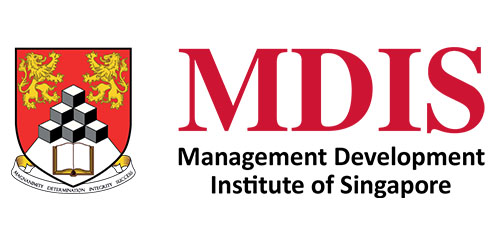
新加坡管理发展学院
- MDIS成立于1956年,是新加坡历史最悠久的私立学院之一,提供广泛的本科和研究生课程。
- 国际学位:与英国、美国和法国的多所大学合作,提供国际认可的学位。
- 职业培训:设有专门的职业培训和发展中心,帮助学生提升就业能力。
- 实践导向:注重实践教学,学生有机会参与真实项目和实习。

Singaporean University
Diverse Campuses:
Singaporean universities welcome students from various backgrounds and cultures.
Research Opportunities:
Institutions emphasize research and innovation.
Global Recognition:
Singaporean universities rank high globally in various fields.
Multilingual Environment:
English is the primary language, but multiculturalism thrives.
Academic Qualifications:
Completion of high school (at least twelve years of general education).
English Proficiency:
Prove language ability through tests like IELTS or TOEFL.
Transcripts and Recommendations:
Submit academic records and letters of recommendation.
Personal Statement/Essay:
Articulate goals and experiences.
Financial Proof:
Demonstrate ability to cover tuition and living expenses.

American University
Diverse Campuses:
U.S. universities embrace diversity, with students from various backgrounds and cultures.
Holistic Admissions:
They consider more than just test scores—extracurriculars, leadership, and personal qualities matter.
Liberal Arts Education:
Many offer a broad-based curriculum, allowing exploration before choosing a major.
Research Opportunities:
Students engage in hands-on research projects.
Vibrant Campus Life: Clubs, sports, and events enhance the college experience.
Academic Qualifications:
High school diploma or equivalent; bachelor’s degree for graduate programs.
Standardized Tests:
SAT (undergraduates), GRE/GMAT (graduate programs).
English Proficiency:
TOEFL or IELTS for international students.
Transcripts and Recommendations:
Submit academic records and letters of recommendation.
Personal Statement/Essay:
Explain goals and experiences.
Extracurricular Activities:
Highlight involvement.
Financial Proof:
Show ability to cover expenses.

U.K. University
Diverse Campuses:
UK universities welcome students from various backgrounds and cultures.
Flexible Admissions:
Holistic evaluation considers not only grades but also personal qualities, extracurriculars, and achievements.
Research Excellence:
UK institutions excel in research, offering opportunities for hands-on projects.
Rich History:
Many universities have centuries-old traditions and historic campuses.
Academic Qualifications:
Vary by course, but A-levels or equivalent are common.
English Proficiency:
Prove language ability through tests like IELTS or TOEFL.
Transcripts and Recommendations:
Submit academic records and letters of recommendation.
Personal Statement:
Articulate goals and experiences.
Financial Proof:
Demonstrate ability to cover tuition and living expenses.

Canadian Universities
High Academic Standards:
Canadian universities maintain rigorous academic standards, and their degrees are widely recognized globally.
Accessible Admissions:
Admissions are generally inclusive, making it relatively easier to apply.
Student-Friendly Visa Process:
Obtaining a study visa in Canada is straightforward, and permanent residency applications are also simplified.
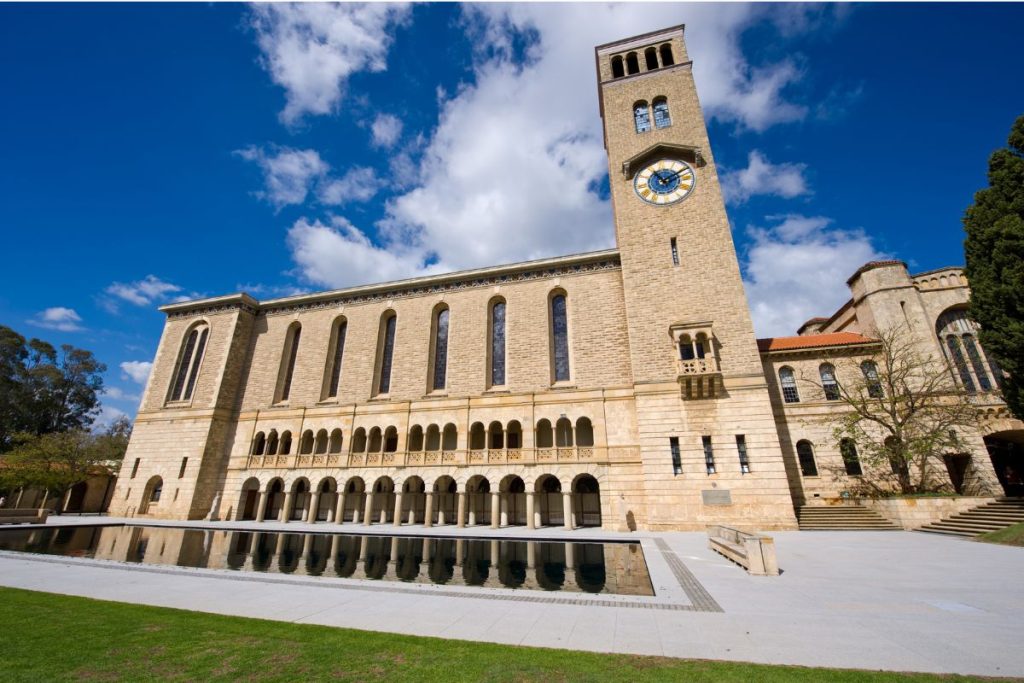
Australian Universities
Academic Requirements:
Most universities expect applicants to hold a high school diploma or equivalent. Specific entry scores may vary based on the chosen program.
English Proficiency:
Proficiency in English is crucial for international students. Commonly accepted language tests include IELTS (minimum 6.5 overall), TOEFL (minimum 79 iBT), and PTE (minimum 64 overall).
Personal Statement:
Applicants should submit a personal statement detailing their academic background, interests, and career goals.
